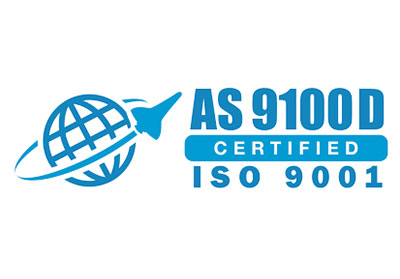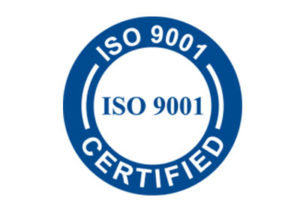In today’s manufacturing world, “good” is not good enough when it comes to configuration management. In our increasingly competitive, fast-paced market, change processes are vital to ensuring that you get the right components, adhere to modified critical dimensions, and have the correct code in software programs and revised tool settings; these are only a few of the numerous reasons as to why configuration management is so important. There is no question regarding the rising necessity of exceptional configuration management in the manufacturing world.
Picture this: you have a product that one of your contract manufacturers is to assemble. You determine that your assembly should contain a different component that is not specified currently, so you must make a critical change to your bill of material (BOM) so you can incorporate this vital component. Unfortunately, this component has a 16-week lead time. You discover upon receiving the final assembly from the contract manufacturer that it was mistakenly built to the old BOM revision and does not include your new component. You must wait 18 weeks to receive the correct assembly.
At this point, in this scenario, the lack of effective configuration has cost your company time and money. Often times, these changes also flow down from customer to contract manufacturer while the product is being made. Without effective and efficient configuration management, a contract manufacturer will have difficulty meeting deadlines while implementing the configuration changes, or they cannot reliably apply the changes to the correct serial numbers.
Evidently, a robust configuration management system is essential to getting the product you want, when you want it. The question remains: What does an efficient and robust configuration management system look like? The answer to that question has multiple parts.
First, automation is key in the configuration management process. This minimizes human error and minimizes the overhead costs of managing numerous revisions. In addition, efficient configuration management needs to be a rigid process to ensure compliance and prevent shortcuts. It is also a highly comprehensive process; configuration management must cover all relevant documentation, including quotes, purchase and sales orders, items, BOMs, drawings, programs, routers, work instructions, etc. It should cover both customer and internal revisions in order to control all changes.
When all of the foundation work is established, implementing the changes is a comprehensive decision-making process that requires intentional communication. Several key questions must be asked: What is the impact of the change on work in progress (WIP), finished goods, and even shipped products? Should they be used, reworked, or scrapped? How do you know if this has been done?
As these questions are asked, cost effectiveness is a key consideration to ensure these decisions are made wisely from a financial perspective. A robust configuration management system must provide for the necessary notifications, reviews, and approvals to ensure that the execution is as intended. And finally, it must provide auditable records that document all of the relative information.
Efficiently implementing robust configuration management practices is essential to maintaining cost efficiency, high quality, and overall design reliability in manufacturing. In this evolving manufacturing industry, complex and numerous changes are a fact of life. It is not only important to partner with a contract manufacturer that utilizes exceptional configuration management for the sake of reputability and reliability, but it is also important for profitability and revenue. Even more so, quality and safety go hand-in-hand with mistake-free configuration management. Do not allow second-rate supplier configuration management to negatively affect your efforts in providing your customers with world-class products on time and at competitive prices.





